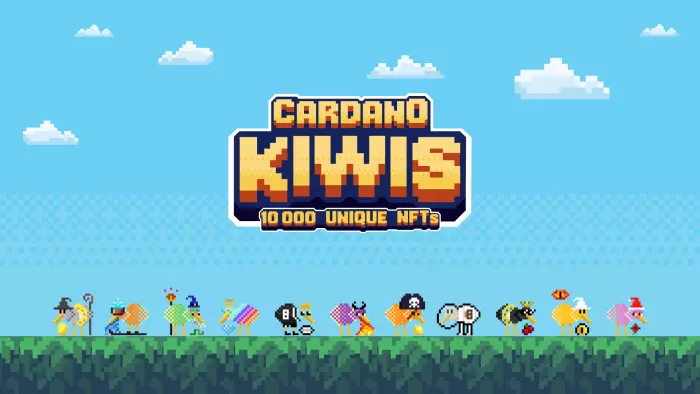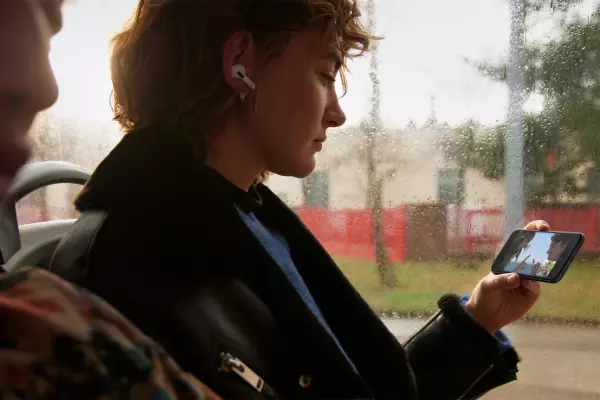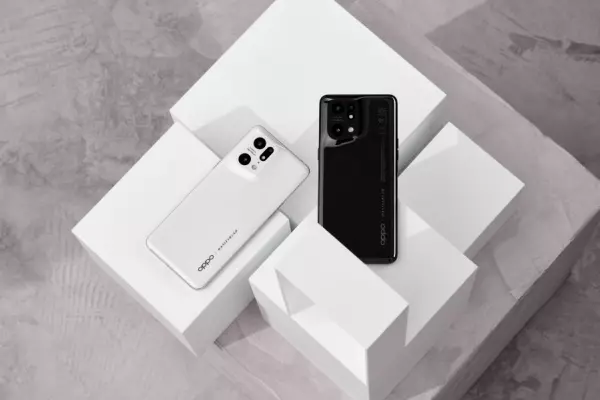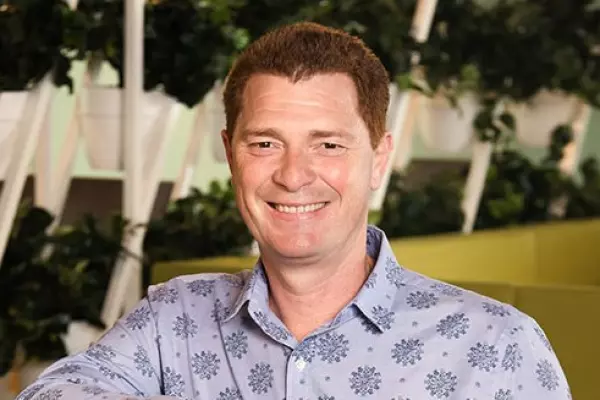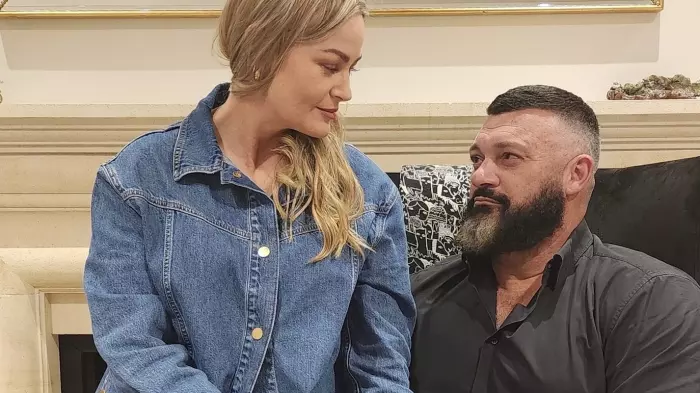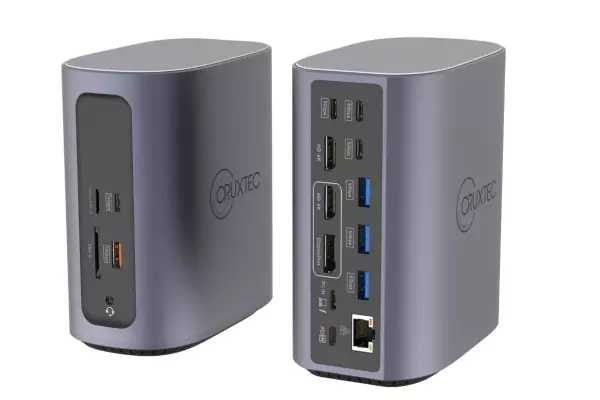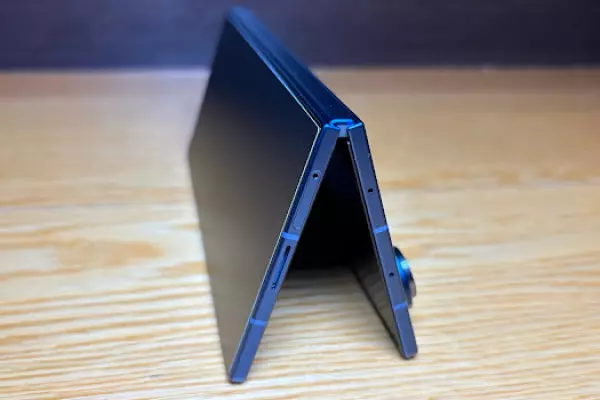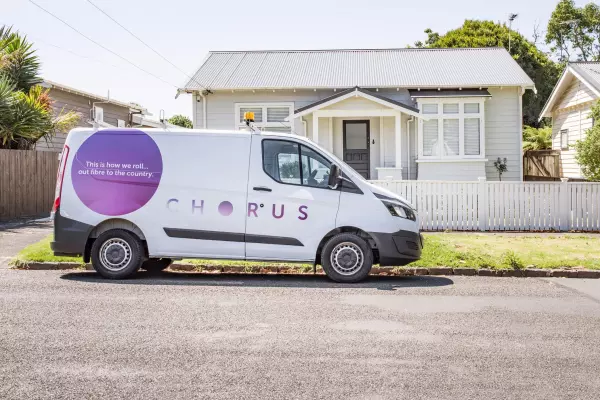Even if you know what a non-fungible token (NFT) is, you might not have thought buying one part-designed by a man called Omelettes could help save the endangered kiwi bird.
A Christchurch user experience (UX) designer has created 10,000 unique video game-style 8-bit kiwi and is selling them as NFTs.
He has pledged to give at least $50,000 to the Kiwis for Kiwi charity, after a trip from Queenstown to Milford Sound inspired him to help the threatened national bird.
NFTs have shot to prominence in the technology and art worlds as digital goods that are minted and traded on blockchain to prove their provenance.
They can be anything from artworks to videos, music albums to colourful renderings of kiwi.
For Christian Dixon-McIver’s Cardano Kiwis project, each kiwi NFT is unique and is minted on the Cardano blockchain, which facilitates transactions with the cryptocurrency Ada, an alternative to the more famous bitcoin and Ethereum cryptocurrencies.
“It's really down to the question of whether NFTs can be used as a vehicle to drive positive social and environmental change,” he told BusinessDesk.
Cardano is a public blockchain designed to use less energy. It uses the "proof of stake", a consensus mechanism for blockchains that validates transactions using a wider pool of servers than bitcoin or Ethereum's "proof of work" method, which require very powerful computers to work hard to solve complex mathematical problems to validate transactions.
Dixon-McIver designed the look of the kiwis and then enlisted the help of former colleague Josh Smith to help write a script to automatically generate 10,000 tiny 8-bit birds.
Smith in turn sought help from someone known only as "Omelettes". Dixon-McIver doesn't know his real name. Welcome to the Internet.
After creating the website in one day and the project over two weekends, the pair were surprised by the positive reaction online.
The community on popular chat service Discord has more than 2,500 members, and the Twitter page created this month has nearly 1,500 followers.
“A lot of it was organic, which was what blew my mind. And I was just posting the artwork to start with. It really picked up when I posted our logo … a lot of people just get behind the positivity and transparency of the project,” Dixon-McIver said.
Charitable
The sale of the NFTs is half done, with an initial sale window opened last Saturday. Dixon-McIver said this pulled in about $250,000 and he will give away $50,000 of it to Kiwis for Kiwi during a livestream event this Saturday at 9am on streaming platform Twitch.
Dixon-McIver says the charity probably thought he was a scammer at first. “I sent them emails and I tried calling them and I got an answering machine and no emails."
Kiwis for Kiwi account manager Paul O'Shea said the communication was "kind of like an email from a prince of Nigeria … saying, ‘I'm selling these NFTs, non-fungible tokens. with kiwi on them, I would like to make a $50,000 donation’.”
“We sat on it for a week because, like, what is it? Is this legitimate? Is this spam?”
There is no contract in place and O’Shea said “the randomest donation we have received as an organisation” will be a lump sum.
Previously known as the BNZ Save the Kiwi trust, Kiwis for Kiwi was renamed in 2012. It helps fund the community work of conservation projects all over the country ad is currently focused on reversing the decline of the North Island brown kiwi.
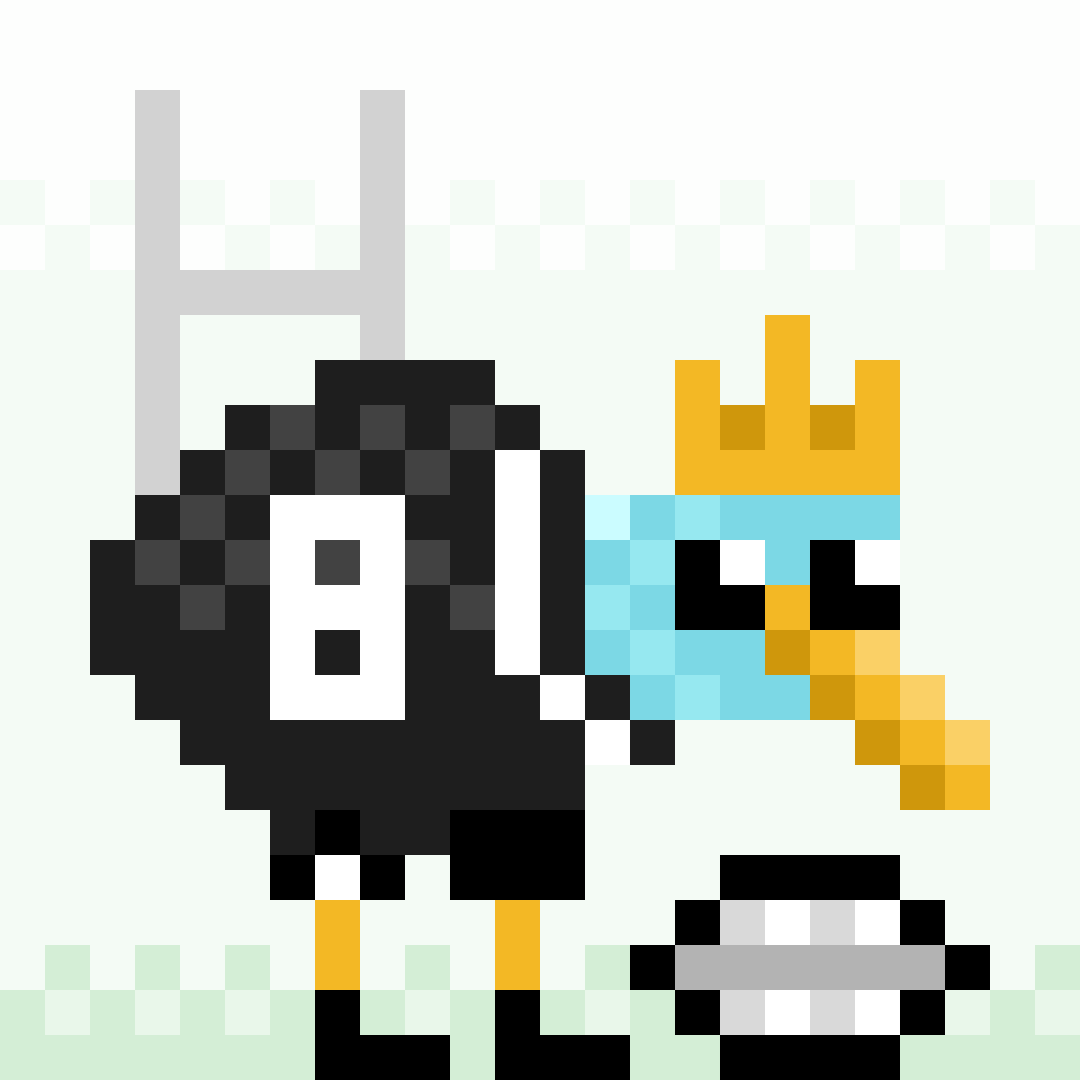 An All Black Cardano Kiwi NFT. (Image: Supplied)
An All Black Cardano Kiwi NFT. (Image: Supplied)Outside the box
Dixon-McIver, who works for IT company Media Suite, said his passion for kiwi conservation stems from a bus tour he took to Milford Sound earlier this year.
“The tour guide was telling us about all of the beautiful fauna and native birds that used to be here and how we, as people, will have completely destroyed it.
“We used to have millions of birds and kiwis and everything. But when we introduced these mammals and predators, just to hunt, we inadvertently started to kill the population, which is really depressing.”
It was recently reported that it would cost about $696 million per year to keep all 547 of NZ’s vulnerable native species alive.
Dixon-McIver said his project is showing there’s an alternative template for charity donations.
“When I get a phone call from a random number trying to tell me to buy a raffle ticket, or someone sort of interrupts me on the street, or what have you, it feels like it's ads in real life.
“This is sort of different. This is giving you a collectable that actually has tangible value … It's a really different channel and the market is wider than New Zealand.”
He said buyers of the kiwi NFTs can feel that they are contributing to a cause, but they also own an asset they can sell on. Someone has already sold on a desirable NFT for $2,500 (about 800 Ada), last week.
The remaining 7,000 NFTs will be available to buy for 24 hours from Saturday, but the price will likely be different because Cardano's value fluctuates. Any unsold NFTs will not be available again, adding to the scarcity of the creations.
Dixon-McIver said he plans to build a royalty mechanism into future NFTs that will automatically donate to a charity of choice every time an NFT is sold or traded on the Cardano blockchain.
Currently, buyers of the kiwi NFTs who want to see some of their money donated must rely on Dixon-McIver’s word. There’s technically nothing stopping him from keeping all the proceeds.
He plans a second season of new NFTs around the same theme.
“I will crowd-source and get people's opinions and get people to vote and hear their voice. Part of that’s because I’m a UX designer, that’s my job.”
The whole process is quite exclusive, given buyers must have a Cardano wallet set up to purchase an NFT, but there’s no doubt the idea itself is less intimidating than other NFT projects.
“I've got so many aspirations and a lot of these have been ideas from the community.”
It’s an enthused community. Someone liked the idea so much they wrote a rap about the project.


